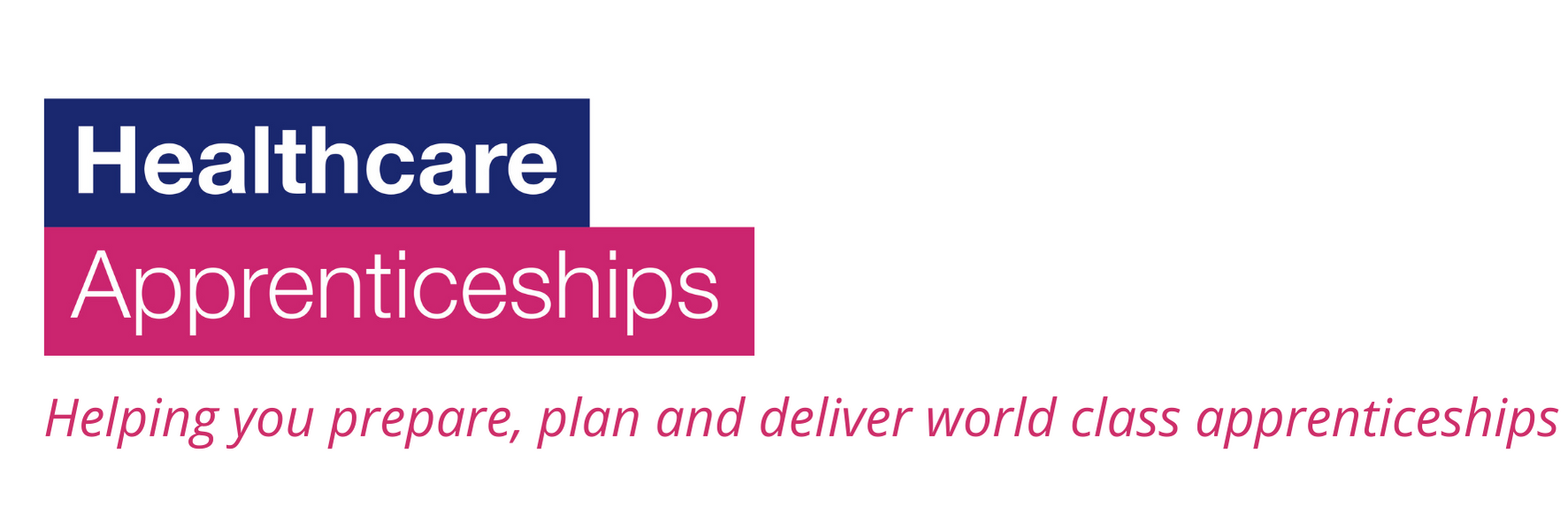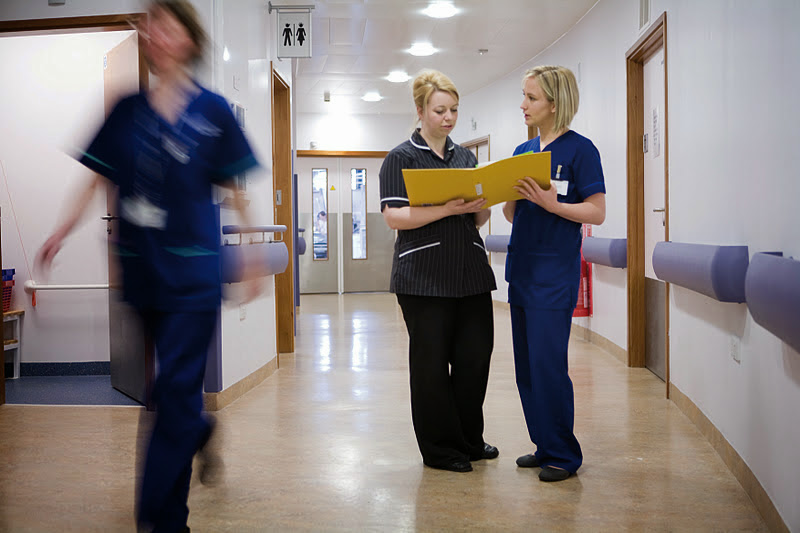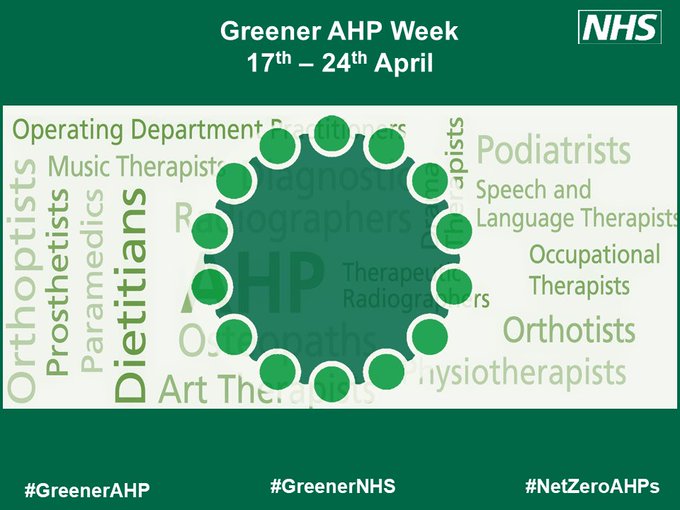Following a nationally-led procurement process, focusing on the Level 3 Senior Healthcare Support Worker and Level 5 Assistant Practitioner apprenticeships for the AHP (Allied Health Profession) support workforce education and training providers have been awarded. All the providers awarded have mapped the duties of…
Search Results: ahp
Type
Content
-
Blog PostAHP Support Worker – new checklists published
-
Blog Post“Making AHP Apprenticeships Happen” – new guides published
-
Blog PostUpcoming AHP Enhanced Practice Webinars
-
Blog PostAllied Health Professions (AHP) Day – 14th October
-
Blog PostAllied Health Professions (AHP) Day – 14th October
-
Blog PostNHS England launches 10 AHP Enhanced Practice Apprenticeship Schemas!
-
Blog PostGreener Allied Health Professions (AHP) Week 2024
-
Blog PostGreener AHP Week : 17th – 24 April
-
Blog PostCare Certificate – New AHP scenarios
-
PageAHP & AHP support roles
-
Blog PostAllied Health Professions (AHPs’) day – 14th October 2021
-
PageAllied Health Professions
-
Blog PostUpdated Market Interest: Enhanced Clinical Practice Apprenticeships
-
Blog PostEnhanced Clinical Practitioner Apprenticeship – National Update
-
PageNHS Long Term Workforce Plan









